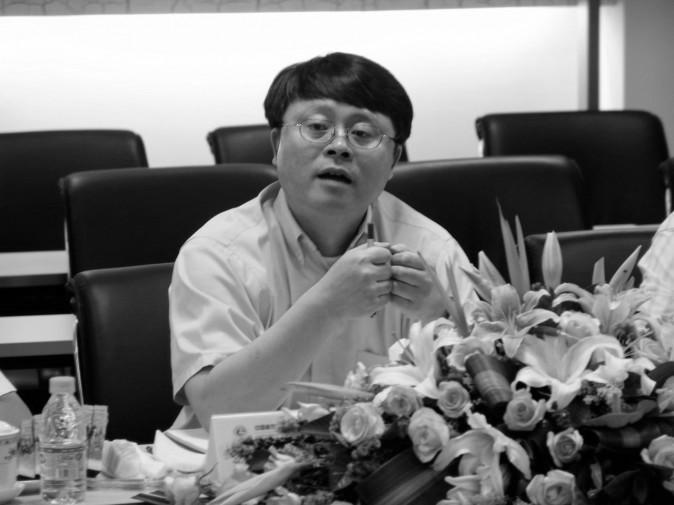News Analysis
Jiang Mianheng, the elder son of former Chinese Communist Party chief Jiang Zemin, is presently under house arrest, according to a source close to the Party disciplinary inspection branch in Shanghai.
The source told the Chinese language edition of Epoch Times that Jiang is being held under house arrest in a secret location on the outskirts of Shanghai. He is only allowed outside the residence for fresh air, the source said; the source said he had personally seen Jiang at the location, using an “observation device” to confirm a tip-off.
The detention of Jiang Mianheng by the Party’s anti-corruption investigators is the culmination of probes conducted over about the last 18 months into prominent companies and institutions that Jiang is associated with. The development also points to the possibility that Party leader Xi Jinping’s intends to bring the anti-corruption drive to its endgame, with the arrest and punishment of the senior Jiang, whose effective control over the communist regime extended until 2012.
The Shanghai disciplinary inspectors want from Jiang Mianheng a complete account of his personal and family financial affairs, the source, who is close to the investigators, told Epoch Times. Based on what inspectors currently know about the Jiang family’s property, assets, and wealth secured through illegitimate and obscure means, the source said, “it’s enough to feed and water the Chinese people for several years; the figure is eye-popping!”
“Over the years, countless state enterprises and foreign investors have to give this family valuable presents that are each worth hundreds of millions [of yuan] at least,” the source added.
The ‘Telecommunications King’ and Academician
The Jiang family would have gotten a chance to get immensely wealthy when China was ruled by Jiang Zemin.





